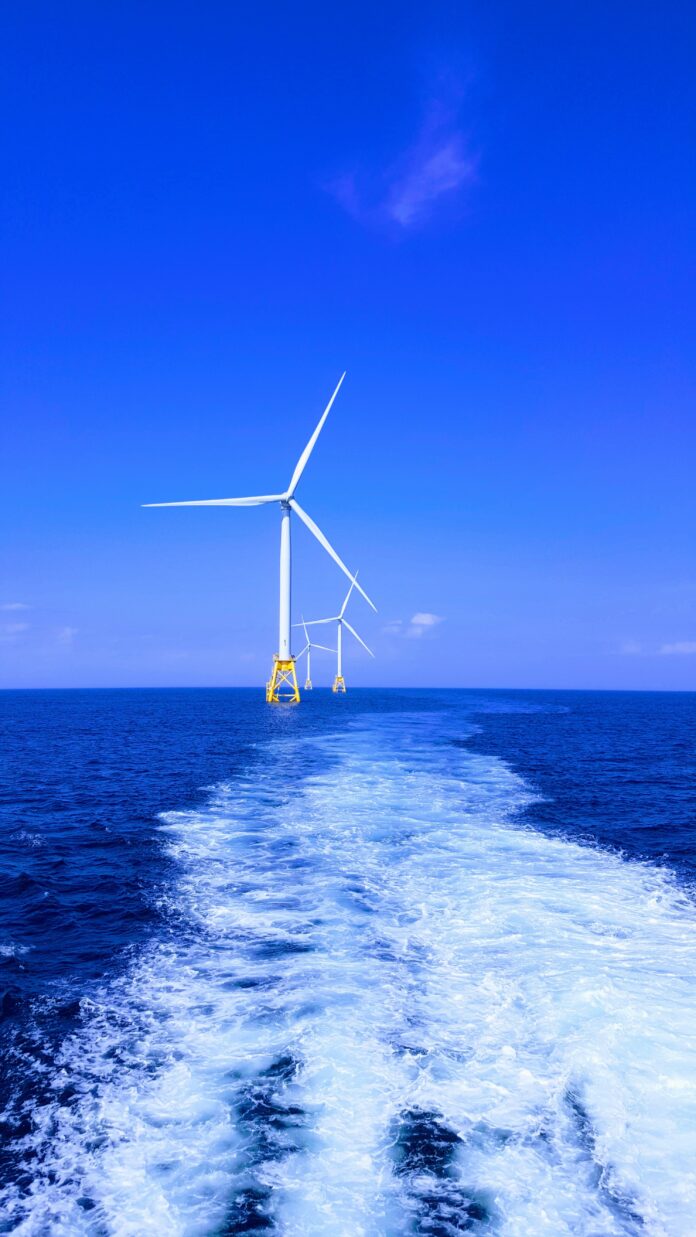Advertorial
Clean Energy is the energy that comes from renewable, zero emission sources that do not pollute the atmosphere when used, as well as energy saved by energy efficiency measures.
Cornwall uses an estimated £500m of energy each year. Much of this energy is imported from outside Cornwall and is largely dependent upon fossil fuel consumption. Cornwall has the potential to provide and develop a broad range of renewable and low carbon infrastructure, including wind, geothermal, photo-voltaic, biomass and wave power. The aim is for the area to become self-sufficient and able to produce all of the energy that it needs.
Olaf Marshall-Whitley, workforce specialist, Celtic Sea Power said:
“The coming years will be transformative for industrial-scale renewable energy in Cornwall. Last summer The Crown Estate announced that there would be opportunities for up to 4 Gigawatts of floating offshore wind in the Celtic Sea, which is the body of water north of Cornwall and SW England. This pipeline of leasing opportunities, with even more to follow, has already attracted the interest of some of the biggest offshore renewables firms in the world.
“Celtic Sea Power are working for the region, based in Cornwall, to deliver the maximum benefit to the people and businesses who live and work here. Cornwall has been a hotbed of energy engineering since the industrial revolution, and there is now a once-in-a-generation opportunity to capture demand for thousands of skilled tradespeople, engineers, scientists, business professionals, lawyers, and creatives. People living in this beautiful county have an intimate knowledge and love of the environment, and through engaging with local young people as well as more experienced members of the workforce, we know that there is a genuine passion for renewable energy, and a pragmatic knowledge that these jobs will be well-paid, year-round, and generational.”
As Cornwall pursues its aim of becoming energy self-sufficient, more and more people will be needed to work in this sector in roles such as solar power, electric vehicles and house retrofits. In Cornwall there is current demand for people with qualifications in the following areas, Electrical and electronic engineering, operations management and supervision, environmental science and all types of engineering.
Olaf Marshall-Whitley went on to say:
“As we prepare for jobs to be created in the county, we know that an ambitious and engaged workforce will be there to meet this demand. We are committed to matching that ambition with far-reaching, collaborative, and strategic action from local businesses, skills providers, and government to ensure that people can take hold of these opportunities. The labour market information included within is a fantastic example of how we can communicate the scale of the opportunity. Celtic Sea Power are at the front of this ambition-raising call to action, and we will continue to work with the industry and the local workforce to bring the benefit home.”
Floating offshore wind is anticipated to bring many opportunities locally over the next decade. The first FLOW project is expected to be in the water off the coast of Cornwall around 2026 with the first wave of projects completing by 2030.
Find out more about the Green Economy here in Cornwall and the Isles of Scilly by reading the full Labour Market report here. If you would like to read about Cornwall and the Isles of Scilly’s biggest sectors, click here and to view and print your own LMI posters









